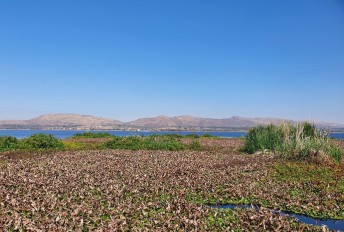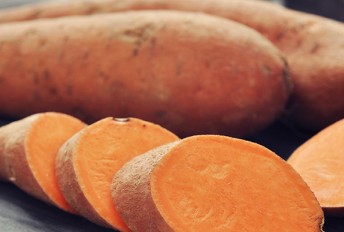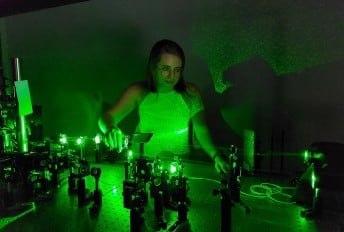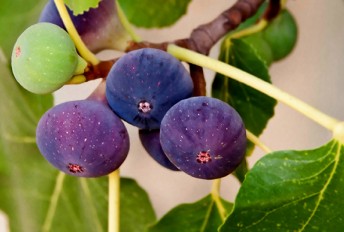
Posted on November 21, 2025
This edition is curated around the concept of One Health, in which the University of Pretoria plays a leading role globally, and is based on our research expertise in the various disciplines across healthcare for people, the environment and animals.

Posted on August 25, 2025
The theme of this edition, ‘Global’, illustrates how the University of Pretoria (UP) serves as a globally engaged, continental hub that is driving impactful research through innovation, creativity and sustainability. The research in this issue demonstrates how the research we do today...

Posted on May 12, 2025
Researchers at the University of Pretoria (UP) may have identified the gene that is responsible for diet-related obesity. By exploring the role of the novel gene Slc7a8, they have made a potential breakthrough in current knowledge about the cellular mechanisms that drive fat accumulation. This...

Posted on April 17, 2025
The latest issue of the University of Pretoria’s award-winning RE.SEARCH magazine is available now and reflects a shift towards both a fresher design and outlook. This edition is curated under the theme ‘Digital’, and offers a glimpse into some of the fascinating research...

Posted on November 22, 2024
The articles in this edition showcase work from all nine of our faculties, and underscore our University’s slogan ‘Make today matter’. RE.SEARCH has been named South Africa's top corporate publication as the winner of the 2024 SA Publication's Forum Awards. It is a runner up and...

Posted on May 07, 2024
In a world in which there is an ever-encroaching digital footprint and high-tech solutions, it is vital that we reconnect with an outlook of compassion, care and communication. We do this through connection and connectivity. The theme of our latest issue, ‘Connect’, highlights how UP...

Posted on October 23, 2023
The quest for immortality has long fascinated humans, and inspired countless tales – now, in two new studies published in the journals Nature and Science, University of Pretoria (UP) researchers, along with a team of global experts known as the Mammalian Methylation Consortium, are a step...

Posted on April 17, 2023
This issue of RE.SEARCH looks at the impact of the University of Pretoria's research from early childhood interventions and the use of traditional medicines for holistic nursing to the role of women in peacekeeping efforts. The issue also provides insight into the critical question of coal power...

Posted on March 29, 2023
University of Pretoria (UP) scientists have posited a theory that could explain the tens of thousands of “fairy circles” that can be seen dotted across the arid landscape of Namibia.

Posted on November 21, 2022
For years now, invasive water hyacinth plants have clogged up the North West’s Hartbeespoort Dam, which lies downstream from Pretoria and Johannesburg. In new research, hydrogeologists from the University of Pretoria (UP) have used the internal workings of the plants themselves to reiterate...

Posted on September 20, 2022
Researchers at the University of Pretoria (UP) have found a way to make orange-fleshed sweet potato last longer in an effort to benefit from this smart crop and address micronutrient deficiencies among young children and pregnant women.

Posted on June 27, 2022
A UP-led team is using the momentum of light to trap particles. This optical trap has been used with collaborators to demonstrate a hidden property in light that remains unchanged even when it passes through turbulence.

Posted on April 26, 2022
Innovation is the next step forward. The innovations highlighted in this edition show us that the knowledge we create today is a step forward to future.

Posted on December 21, 2021
Ficus trees are an essential source of food in forests because they produce fruit year-round. However, South African forests have been fragmented into tiny pieces since before the ice ages.
Copyright © University of Pretoria 2025. All rights reserved.
Get Social With Us
Download the UP Mobile App